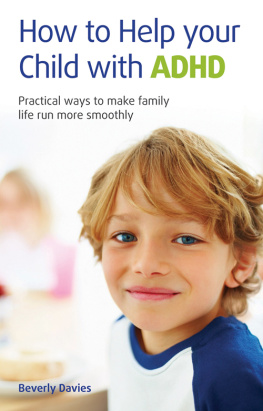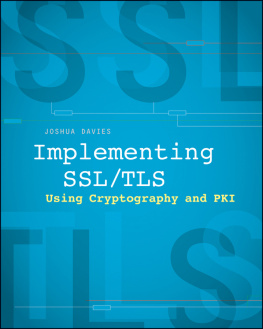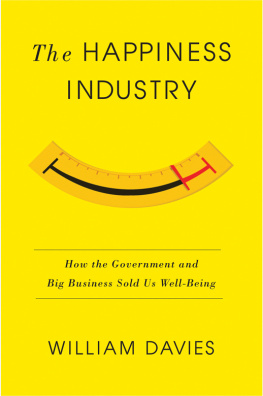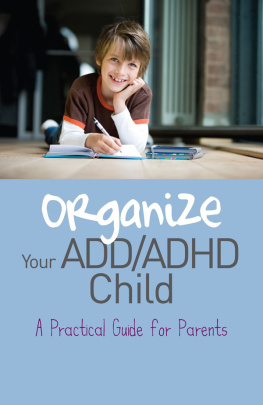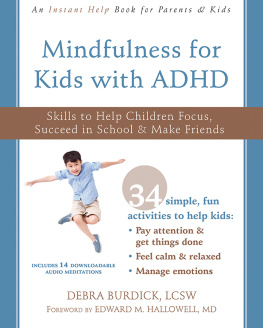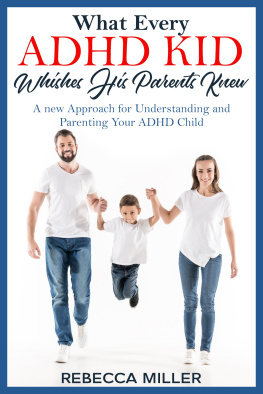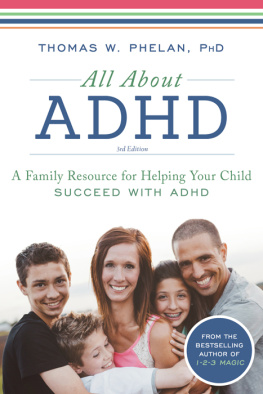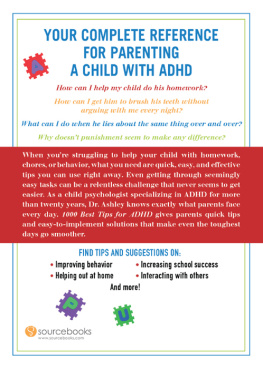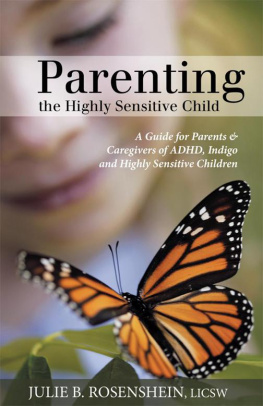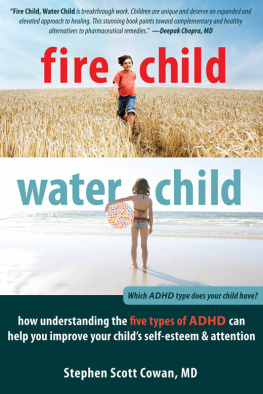How to Help
Your Child
with ADHD
Practical ways to make family life run
more smoothly
Beverly Davies

Important note
The information in this book is not intended as a substitute for medical advice. Neither the author nor White Ladder can accept any responsibility for any injuries, damages or losses suffered as a result of the information herein. Anyone seeking advice on health should see their GP or appropriate health professional in the first instance.
How to Help Your Child with ADHD
Beverly Davies
This epub edition is published in 2012 by Crimson Publishing
Crimson Publishing, Westminster House, Kew Road, Richmond, Surrey TW9 2ND
Crimson Publishing, 2012
Epub edition 2012 ISBN: 978 1 90828 126 5
The author has asserted her moral rights to be identified as the author of this work in accordance with the Copyrights, Designs and Patents Act 1988.
British Library cataloguing in Publication data
A catalogue record for this book is available from the British Library
All rights reserved under International and Pan-American Copyright Conventions. By payment of the required fees, you have been granted the non-exclusive, non-transferable right to access and read the text of this ebook on-screen. No part of this text may be reproduced, transmitted, downloaded, decompiled, reverse engineered, or stored in or introduced into any information storage and retrieval system, in any form or by any means whether electronic or mechanical, now known or hereinafter invented, without the express written permission of Crimson Publishing ebooks.
Epub file created by RefineCatch Ltd, Bungay
Thanks to everyone who helped with this book by telling me their
story, and especially to Hugh
Contents
ADHD stands for attention-deficit hyperactivity disorder. If you are the parent of a child with ADHD, this book is designed to help you help your child from dealing with your initial worries and getting a diagnosis to smoothing a path through the ups and downs of family life. Above all, this book aims to make your childs life, and your own, easier and more fulfilling.
You might be very familiar with ADHD, and how it affects your child, or this subject might be totally new to you. Perhaps youve just discovered your child has ADHD, or strongly suspect he does.
The aim of the book is to inform you and, perhaps more importantly, to help you understand and communicate with your child better, so you can make a real difference to his life, and your familys. We take you through exactly what you need to know and include the stories of parents and children who have shared your experience. They tell you what theyve found out the hard way what works and what doesnt. Weve also called upon various experts throughout the book to give their opinion and advice.
The need for information and understanding is paramount. A report from the World Federation for Mental Health (published in the National Institute for Health and Clinical Excellence (NICE) guideline, see found that:
91% of parents questioned were often stressed or worried about their childs life
68% stated that their child with ADHD had been excluded from social activities because of their symptoms
61% said that family activities were disrupted
63% said their primary care doctor (general practitioner or GP) did not know much about ADHD
51% said the diagnosis took too long.
Children with ADHD find it very hard to concentrate, control their behaviour or focus their attention. They are likely to be restless, suffer from mood swings, general hyperactivity and poor co-ordination, say things on impulse and find a lot of social situations difficult. On the up side, they can have masses of energy and enthusiasm, which are great qualities when channelled in the right direction.
He was always very chatty and very interested in everything and very interesting in what he had to say, but also kind of exhausting. He has always been good fun, and now that he is happier things are great. I think it is important to stress that there are positive aspects to ADHD, but sometimes you do have to seek them out.
Hughs mum
ADHD first appears in early childhood, often becoming noticeable from about the age of two or three years, when it can be hard to decide if these characteristics are just annoying variations on normal childhood behaviour or a more serious problem. As a parent, you are the best judge, and if you have a feeling that it might be the latter it is in your childs best interests and your own to try to get a diagnosis, making your GP your first port of call. The condition can lead to problems at home and school, and affect your childs ability to learn and to get on with others. So the sooner you get some help with dealing with it the better.
I love working with kids and I love being with kids and I thought that all the extra stuff I was having to do with Ben was just an extension of managing children. I put so much into it, and Ben did manage quite well when he was small, before we found out what was the matter, but the energy it required of me was massive. He has never been a nasty boy, or deliberately bad, but he can be completely exhausting, and for such a long time I felt I was dealing with everything on my own.
Bens mum
It can be very painful to live with worries and uncertainty about your child. Not knowing whether his behaviour is normal or not, but feeling deep down that it probably isnt can make you feel very isolated. Getting a diagnosis should open the door to the help and support which will help him fulfil his potential, and will mean that the people he meets, including teachers, will understand the reasons why he behaves the way he does and, with any luck, will be more tolerant.
ADHD is one of those conditions that many people arent very aware of they have probably heard the term, but are unsure what it means or assume it is just a politically correct way of saying badly behaved. Given that, its hardly surprising that if your child has this problem, diagnosis can be elusive, especially as ADHD often occurs along with other problems. Naughty, lazy, disruptive are labels that litter the educational path of many undiagnosed children with ADHD. Some parents are reluctant to access a diagnosis, and consequent treatment, because of the perceived stigma of a label, although for others being able to give a name to the problem turns out to be a positive thing.
For me it really helped a lot when I could put a label on it knowing what it was gave me some hints of how to deal with it. Knowing was what I needed, but I can understand that some parents absolutely dont want that label.
Bens mum
Some parents have such a struggle to get to the bottom of what is wrong with their child that the diagnosis comes as a relief, though it is not often a surprise.
Whenever I talked to our GP, he used to put up his fingers in inverted commas when he used the word hyperactivity. It was such a put down. I felt that the subtext was that professionals thought it was just poor parenting, but he would do his best to help me. So before I went back to the GP again I collected up loads of information and got together a file of things that matched Sallys behaviour. I saw a new GP who had just joined the practice and said we had had all these problems and it might be ADHD and she said she would investigate. It was such a comfort to feel that someone finally believed that our problems were real.
Sallys mum
People also argue over whether ADHD even exists, and the issue of ADHD medication is highly topical and controversial. Both sides of the argument can be equally persuasive that ADHD responds to medication or it doesnt; that it is cruel to drug children or that it is cruel not to give them a chance of making the best of their schooldays by offering them treatment. When you have all the information, you have to decide where you stand. But it is likely that if your child shows signs of the condition you will be keen to do whatever you can to help him.
Next page
